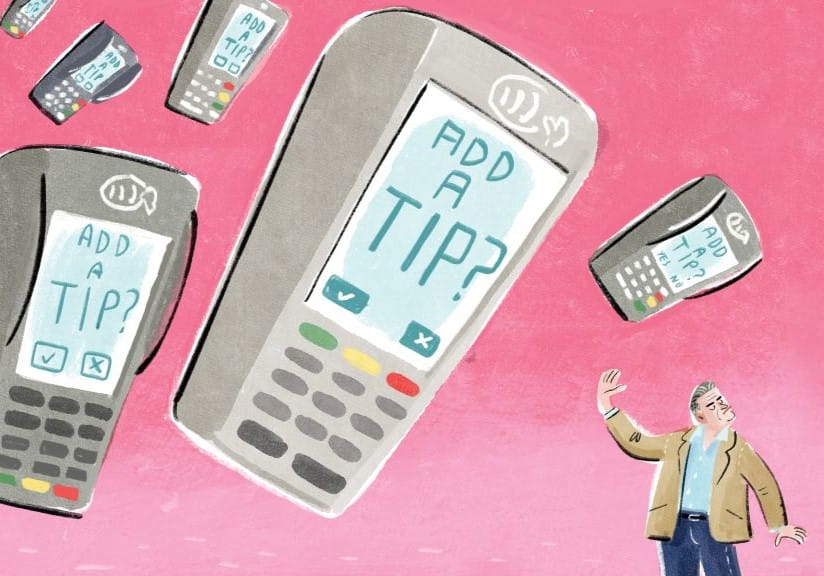
Your state pension will rise from 7 April by up to 4.1%. The standard new state pension will be £230.25 a week and the basic old state pension £176.45. But millions will not see the full effect of this rise until May; some will have to wait until 30 May.
Most pensioners are paid four weeks in arrears. The date the first payment arrives depends on two things: your payday and your payment cycle. Both are set by your National Insurance number.
The last two digits determine the day of the week you are paid, and you are only entitled to the new increased pension from that day. If that is a Wednesday, you will be due the pension at the new rate from Wednesday, 9 April. But you will not actually get it then because it is paid in arrears.
The four-weekly payments are paid in four cycles depending on the letter at the end of your National Insurance number – A, B, C, or D. The luckiest people are paid on a Monday and are in the cycle which begins first in the tax year.
They will get a full payment of four weeks at the new rate on Monday, 5 May.

The unlucky ones are paid on a Friday in the last cycle. The first time they get four weeks’ pensions at the full new rate will be Friday, 30 May. I reckon there are nearly 400,000 in that group.
These complex rules do not apply to older people (men over 80 and women over 75), who reached pension age before 6 April 2010. They normally get their pension paid weekly in advance.
Everyone else can get their pension earlier by changing from four-weekly to weekly payment. It will still be in arrears, but you will get the new rate a lot sooner. Call the Pension Service on 0800 731 0469. Have your pension details or NI Number to hand and ignore all the messages that encourage you to hang up.
It will take a few minutes before you hear it ringing and it could be another while before someone answers. Tell them you want your pension paid weekly in future. It should happen quickly. Or you can write to: The Pension Service, Post Handling Site A, Wolverhampton WV98 1AF.
Pension Credit will also rise by 4.1%. The income level at which younger pensioners can get some Pension Credit will be £227.10 a week, well below the April rate of the new state pension.
For a couple, the threshold is £346.60. Both partners must be above state pension age to get Pension Credit. So, a man of 67 whose partner is 63 will not be eligible. She will be expected to keep them both until she reaches state pension age, which will reach 67 by April 2028.
Older pensioners – men born before 6 April 1951 and women before 6 April 1953 – can get some pension credit if their income is as much as £271 a week or £396 a week for a couple.
Even if you only get a few pence a week pension credit, that will cut your council tax bill – and your rent too if you are a tenant. You will also qualify next winter for the Winter Fuel Payment and, on your 75th birthday, a free TV licence, which from April will cost £174.50 a year.
Our experts at Saga Money have more information on changes to tax on pensions and how you could be affected.

For over four decades, Saga Magazine has been bringing you inspiring stories, trusted advice, and articles that matter. Now you can enjoy every issue delivered to your door at our lowest-ever price.
The April increases in other benefits will be just 1.7%. That rise also applies to any extras paid with the state pension, such as SERPS and extra for deferring.
As I write, inflation is nearly double that and rising. By April, it is likely to be even higher due to the many price increases beginning that month (see Money News, p87). The top rate of attendance allowance, for example, will be up to £110.40 a week – a rise of £1.85, which is barely the price of a first-class stamp!
Carer’s allowance goes up by just £1.40 to £83.30 a week for all the work they do. That is £2.38 an hour if they care for 35 hours a week and most do much longer than that – many tell me it is a 24/7 task. Even £2.38 an hour is less than a fifth of the adult minimum wage, which rises to £12.21 from 1 April.
But, carers can now earn £196 a week – 16 hours on the new minimum wage – before they lose their benefit. You cannot get carer’s allowance and state pension.
As state pensions rise, more and more pensioners pay tax because the personal tax allowance has been frozen at a level of £12,570 since 2021.
New figures have revealed that in August 2024, some 2.6 million pensioners had a state pension of more than that. They were mainly people on the old state pension who got extra pension for deferring their claim or through additional pension which we used to call SERPS. Some new state pensioners can get smaller extras for deferring and also ‘protected amounts’ related to SERPS earned in the past.
From April, the number with a state pension above the tax threshold will probably rise to more than 3.3 million.
Tax due on the state pension is collected by increasing the tax taken from other income – such as earnings or a company or personal pension. But if you have no other income and tax is due on the state pension alone then you will be sent what’s called a Simple Assessment in the summer asking you to pay the tax due on the amount your pension exceeds the tax allowance.
The Chancellor has announced she will end the tax threshold freeze but not until April 2028. By then it and the freeze in the National Insurance threshold will be costing taxpayers £45 billion a year.
The standard new state pension is expected to be more than the tax threshold a year before the freeze ends.
We have a comprehensive guide by our Saga Money experts to all the key financial jobs that need to be done this month - and their advice is the faster you act, the more benefit you'll get.
Paul Lewis is a prize-winning financial journalist and presenter of Money Box on Radio 4. He also writes extensively on personal finance and money matters for Saga Magazine, the Financial Times, Money Marketing and a wide variety of other publications.
Paul is the author of numerous books including Beat the Bank, Pay Less Tax and Money Magic.He has won a lifetime achievement award from the Association of British Insurers, and been named Consumer Pension and Investment Journalist of the Year.


The ultimate guide to Saga Puzzles, full of technical tips, tricks and hints.

With the start of the new financial year on 6 April, our money expert explains the changes to your pension, benefits and taxes.





